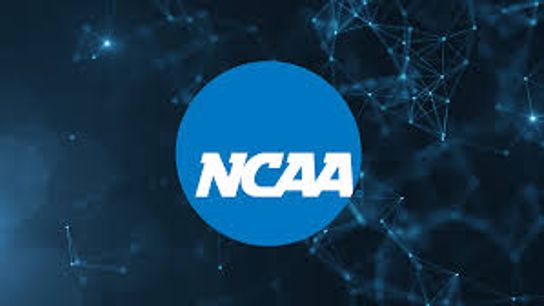The NCAA has taken plenty of Ls is summer - none bigger than its getting beatdown via the United States Supreme Court’s ruling in the Alston vs. NCAA case.
Now we know the full legal bill and its residual costs to the organization’s member conferences from the almost $38 million boondoggle.
The organization distributed memos to its member leagues, which in turn shared the NCAA's accounting with those 11 conferences who joined had joined the organization as co-plaintiffs in the case. It determined those conferences should pay almost two-thirds of related legal expenses.
The exact breakdown is more than $24 million in legal fees, with the Atlantic Coast Conference footing the largest single-conference portion of the bill at $2.726 million. The Big Ten and Southeastern Conference both are more than $2.5 million while the Pac-12 was 2.18 million. The Big Ten rounded out the last of the Power 5 conferences with a share determined to be more than $1.8 million. D1ticker.com first reported the breakdown of the legal fees.
For context, the SEC just recently announced that it had rewarded commissioner Greg Sankey with a new multi-year deal through 2026. Though the league did not disclose Sankey's salary when it announced the new deal, SEC fiscal statements have revealed that Sankey most recently earned almost $3 million including bonus pay.
The Alston Case – in which the nation's highest Court ruled unanimously against the NCAA – determined that the organization could not govern benefits – computers, post-graduate scholarships and more – that student-athletes could be entitled to receive.
While the ruling did not specifically address pay-for-play, the NCAA stepped aside July 1 as a new era of Name, Image & Likeness policy ushered in the ability to student-athletes to earn endorsement/marketing deals from their personal brands.
In addition to the 64% of the bill footed by the co-plaintiffs, the NCAA has determined 22 additional conferences that did not join the lawsuit are nonetheless responsible for almost $10 million in legal fees.
The NCAA, which is paying the remainder of the legal costs, has said that its member conferences can pay their portions of the fees via reduced payments based off their revenues and earnings.
The Power 5 conferences will owe:
— D1.ticker (@D1ticker) August 17, 2021
ACC: $2,726,404 (7.2%)
Big Ten: $2,544,644 (6.7%)
SEC: $2,544,644 (6.7 %)
Pac-12: $2,181,123 (5.8%)
Big 12: $1,817,603 (4.8%)
